Introduction
Disciplining teenagers can be a daunting task for many parents, given the complex mix of emotional, physical, and social changes that adolescents undergo. During these years, teens often test boundaries and challenge authority as they strive for independence, making it essential for parents to find the right balance between guidance and freedom. Effective discipline goes beyond mere rule enforcement; it is about teaching responsibility, respect, and self-control, which are vital skills that help teens navigate life’s challenges and make sound decisions. In this post, we will explore practical and respectful strategies for disciplining teenagers, aimed at fostering a healthy parent-teen relationship while promoting positive behavior and personal growth.
Understanding Teenage Behavior
Adolescent Development
The teenage years are marked by rapid development, making this stage both exciting and challenging. Physically, teenagers experience significant changes due to puberty, which can affect their self-image and confidence. Emotionally, they are often on a rollercoaster, experiencing intense highs and lows as they learn to manage new feelings and relationships. Cognitively, teenagers begin to develop advanced thinking skills, including abstract reasoning and moral reasoning. These changes can lead to confusion, frustration, and a strong desire for independence, all of which play a crucial role in shaping their behavior and decision-making processes.
Common Teenage Rebellions
Rebellion is a hallmark of adolescence, often driven by the need to establish a unique identity and assert independence. Common rebellious behaviors include defying curfews, experimenting with risky activities, challenging authority figures, and testing the limits of acceptable behavior. These actions are usually not about defiance for its own sake but rather a way for teenagers to explore their autonomy and understand their place in the world. By recognizing that rebellion is a natural part of growth, parents can approach discipline with empathy and patience.
Why Discipline Matters
Discipline plays a vital role in helping teenagers navigate the complexities of adolescence. It is not just about setting rules but about teaching values, self-discipline, and accountability. Effective discipline provides teens with a clear framework within which they can safely explore their independence while understanding the consequences of their actions. By offering consistent guidance, parents can help teenagers develop the skills needed to make responsible choices, manage their emotions, and build healthy relationships, all of which are essential for their growth into well-adjusted adults.
Effective Communication is Key
Open Dialogue
Maintaining open lines of communication with teenagers is essential for building a strong and trusting relationship. During adolescence, teens may feel misunderstood or hesitant to share their thoughts and feelings, fearing judgment or punishment. Encouraging an open dialogue helps create a safe space where they feel comfortable expressing themselves without fear of repercussions. This openness allows parents to gain insight into their teenager’s world, understand their perspectives, and address concerns before they escalate into bigger issues. By fostering an environment where open conversation is valued, parents can better guide their teens through the complexities of adolescence.
Active Listening
Active listening is a crucial component of effective communication with teenagers. It involves giving full attention, acknowledging their feelings, and responding thoughtfully without immediately jumping to conclusions or offering unsolicited advice. When teens feel heard, they are more likely to open up and engage in meaningful discussions. This approach not only prevents misunderstandings but also builds trust and strengthens the parent-teen relationship. By practicing active listening, parents demonstrate respect for their teenager’s opinions and experiences, which encourages honesty and transparency in future conversations.
Setting Clear Expectations
Clear and consistent expectations are the cornerstone of effective discipline and communication. When parents set well-defined rules and explain the reasons behind them, teens are more likely to understand the importance of these guidelines and adhere to them. Consistent rules help create a sense of stability and predictability, which is especially important during the turbulent teenage years. Moreover, clearly communicated expectations reduce confusion and minimize conflict, as teenagers are aware of the consequences of their actions. By setting clear boundaries and consistently enforcing them, parents can help their teens develop self-discipline and a strong sense of responsibility.

Setting Appropriate Boundaries
Consistency in Rules
Consistency in rules and consequences is crucial when it comes to disciplining teenagers. Adolescents thrive on structure and predictability, which provide them with a clear understanding of what is expected of them. When rules are applied consistently, teenagers are less likely to feel confused or unfairly treated, reducing the chances of rebellious behavior. Consistent discipline reinforces the idea that actions have predictable outcomes, which helps teens learn to make better choices. By establishing and maintaining clear rules, parents can create a stable environment that supports their teenager’s development into responsible and accountable adults.
Flexible Boundaries
While consistency is key, it is also important for parents to recognize the need for flexible boundaries as their teenager grows and changes. Adolescence is a time of rapid development, and teenagers often face new challenges that require adjustments in rules and expectations. Balancing firmness with understanding means being open to revisiting and modifying boundaries as needed, based on individual circumstances and the maturity level of the teenager. This flexibility shows that parents are attentive to their teenager’s needs and willing to support them in becoming more independent. By adapting rules thoughtfully, parents can foster a sense of respect and cooperation, which strengthens the parent-teen relationship.
Natural Consequences
Allowing teenagers to experience natural consequences is a powerful teaching tool that helps them understand the impact of their actions. Unlike imposed punishments, natural consequences occur as a direct result of a teenager’s behavior, providing a real-life lesson in cause and effect. For example, if a teen neglects to study for a test, the natural consequence might be a poor grade. Experiencing these outcomes firsthand encourages teens to reflect on their choices and learn from their mistakes. By stepping back and allowing natural consequences to unfold, parents can help their teenagers develop critical thinking skills and personal responsibility, which are essential for navigating adulthood.
Positive Reinforcement Techniques
Reward Systems
Using a reward system is an effective way to reinforce positive behavior in teenagers. By offering incentives for good behavior, parents can motivate their teens to make better choices and adhere to household rules. Rewards don’t have to be extravagant; they can be as simple as extra screen time, a favorite meal, or a special outing. The key is to ensure that the rewards are meaningful to the teenager and directly linked to the behavior being encouraged. A well-structured reward system helps teens understand the benefits of positive actions and fosters a sense of achievement and motivation. This approach not only promotes good behavior but also strengthens the parent-teen relationship by showing appreciation for the teenager’s efforts.
Praising Efforts, Not Just Results
Praising efforts rather than focusing solely on outcomes is a powerful way to encourage teenagers to persevere through challenges. When parents recognize and commend their teen’s hard work, determination, and dedication, they send the message that these qualities are valued more than the end result. This approach helps teens develop a growth mindset, where they see effort and learning as pathways to success. By celebrating progress and resilience, parents can help their teenagers build confidence and a strong work ethic, which are essential for overcoming obstacles and achieving long-term goals.
Encouraging Responsibility
Assigning tasks and responsibilities is another form of positive reinforcement that helps teenagers develop important life skills. By involving teens in household chores or giving them specific duties, parents teach them the value of contributing to the family unit and being accountable for their actions. Responsibilities can range from simple tasks like taking out the trash to more complex ones like managing a budget or planning a family meal. When teenagers understand that their contributions are valued and necessary, they are more likely to take ownership of their actions and develop a sense of responsibility. This approach not only instills discipline but also prepares them for the realities of adulthood, fostering independence and self-sufficiency.
Using Logical Consequences
Matching Consequences to Actions
One of the most effective ways to discipline a teenager is by using logical consequences that are directly related to their actions. When consequences are relevant and proportional, they make sense to the teenager and are more likely to be seen as fair. For example, if a teen neglects their homework, a logical consequence might be losing leisure time to complete their assignments. This approach helps teenagers understand the direct link between their behavior and the resulting consequence, which reinforces the importance of making responsible choices. By ensuring that consequences are appropriate and aligned with the behavior, parents can encourage teens to learn from their mistakes and develop better decision-making skills.
Immediate and Fair Consequences
The timing and fairness of consequences are crucial in effective discipline. Consequences should be applied as soon as possible after the behavior occurs to ensure that the teenager makes the connection between their actions and the outcome. Immediate consequences are more impactful because they allow the teen to see the direct result of their behavior while it is still fresh in their mind. Additionally, fairness is key; consequences should be consistent and impartial, ensuring that all teenagers are treated equally. When discipline is perceived as fair and just, teens are more likely to respect the rules and the authority of their parents, fostering a sense of trust and mutual respect.
Avoiding Punishment
It is important to distinguish between discipline and punishment when addressing teenage behavior. While punishment is often focused on inflicting pain or discomfort to deter unwanted behavior, discipline aims to teach and guide teenagers toward making better choices. Discipline is constructive, focusing on helping the teenager understand the consequences of their actions and learn from their mistakes. It involves setting clear expectations, providing logical consequences, and encouraging positive behavior through praise and reinforcement. By avoiding punitive measures that can lead to resentment and defiance, parents can create a supportive environment that promotes growth, learning, and respect, which are essential for healthy adolescent development.

Role of Empathy in Discipline
Understanding Their Perspective
Empathy is a cornerstone of effective discipline, especially when dealing with teenagers who are navigating a complex mix of emotions and experiences. By taking the time to understand their perspective, parents can gain valuable insight into the motivations behind their teenager’s behavior. Empathizing with teens helps them feel heard and validated, which can reduce feelings of frustration or isolation. This understanding fosters open communication and encourages teenagers to express themselves honestly, knowing they are speaking to someone who genuinely cares about their feelings. When parents approach discipline with empathy, they create a supportive environment where teenagers feel safe to share their thoughts and emotions, ultimately leading to more constructive outcomes.
Modeling Respectful Behavior
One of the most effective ways to teach respect and discipline is to model respectful behavior as a parent. Teenagers are highly perceptive and often mirror the attitudes and actions they observe in adults. By demonstrating maturity, patience, and respect in interactions with others, parents can set a powerful example for their teens to follow. This includes being mindful of tone, language, and body language when addressing conflicts or discussing rules. When teenagers see their parents handling situations calmly and respectfully, they are more likely to adopt these behaviors themselves. Leading by example not only reinforces the importance of respectful communication but also strengthens the parent-teen relationship by fostering mutual respect and understanding.
Building Emotional Intelligence
Helping teenagers develop emotional intelligence is a critical aspect of effective discipline. Emotional intelligence involves the ability to recognize, understand, and manage one’s emotions, as well as empathize with others. Parents can support the development of these skills by encouraging teens to express their feelings openly and providing guidance on how to handle them constructively. This might include discussing healthy ways to cope with anger, disappointment, or stress, and emphasizing the importance of considering others’ feelings. By teaching teenagers to navigate their emotions thoughtfully, parents can help them build resilience and improve their interpersonal relationships. A teenager who is emotionally intelligent is better equipped to make sound decisions, handle conflicts, and respond to discipline in a mature and positive manner.
Avoiding Common Discipline Mistakes
Inconsistent Discipline
One of the most common mistakes parents make in disciplining teenagers is inconsistency. When rules and consequences are applied erratically or change frequently, it sends mixed messages to teens, causing confusion and frustration. Inconsistent discipline undermines the effectiveness of parental authority and can lead to a lack of respect for rules and boundaries. Teens may struggle to understand what is expected of them or become adept at finding loopholes if they believe the rules are not firmly enforced.
Consistency in discipline provides a clear framework for acceptable behavior, helping teenagers develop a sense of security and trust in their parents’ guidance. It also reinforces the importance of accountability, making it easier for teens to learn from their actions and make better choices.
Harsh Punishments
Harsh punishments can often do more harm than good when it comes to disciplining teenagers. Severe consequences, such as grounding for extended periods or taking away all privileges, can lead to resentment and defiance rather than encouraging positive behavior. Harsh punishments may damage the parent-teen relationship, creating a cycle of rebellion and conflict. Instead of fostering understanding and growth, they often result in teens feeling misunderstood and unfairly treated. Effective discipline should focus on teaching and guiding rather than instilling fear or control. By using fair and proportionate consequences that are logically related to the behavior, parents can help teens learn from their mistakes and develop self-discipline without damaging their relationship.
Ignoring Positive Behavior
Failing to acknowledge positive behavior is another common discipline mistake that can have significant repercussions. When parents focus solely on correcting negative actions without recognizing or rewarding good behavior, teenagers may feel unappreciated or unmotivated to improve. A lack of positive reinforcement can lead to a decrease in self-esteem and a belief that their efforts are unnoticed, which can discourage teens from making positive changes. Acknowledging and praising good behavior is essential for reinforcing desirable actions and encouraging teens to continue making responsible choices. It also helps build a positive relationship based on mutual respect and appreciation, making teens more receptive to guidance and discipline.
Tailoring Discipline to Individual Teens
Personalized Approaches
Every teenager is different, and effective discipline requires a personalized approach that considers each teen’s unique personality, interests, and challenges. What works for one teenager may not be effective for another, so it is important for parents to adapt their discipline strategies to fit the individual needs of their child. For instance, a teen who responds well to positive reinforcement may benefit more from reward systems, while another who needs more structure might require clear and consistent boundaries. Understanding your teenager’s specific traits and preferences allows for a more targeted approach to discipline, which can improve its effectiveness and foster a more supportive and understanding environment.
Involving Teens in Decision-Making
Involving teenagers in the decision-making process can be an effective way to foster a sense of autonomy and responsibility. By engaging teens in setting rules and discussing consequences, parents not only encourage them to take ownership of their behavior but also promote a collaborative and respectful relationship. This approach helps teens feel valued and heard, which can lead to greater buy-in and adherence to the agreed-upon guidelines. When teenagers have a say in the rules and consequences that affect them, they are more likely to understand the reasoning behind them and be motivated to follow them. This collaborative process also teaches important life skills such as negotiation and accountability.
Monitoring Progress
Monitoring progress is a crucial aspect of effective discipline. It involves regularly assessing your teenager’s behavior and the impact of the discipline strategies being used. Keeping track of changes allows parents to evaluate whether their approach is working and make necessary adjustments to better support their teen’s development. This may include modifying rules, changing consequences, or introducing new strategies based on the teenager’s evolving needs and behaviors. Regularly reviewing and adjusting discipline strategies ensures that they remain relevant and effective, helping teens continue to grow and improve. By staying engaged and responsive to their teenager’s progress, parents can provide ongoing support and guidance that adapts to their changing needs.

When to Seek Professional Help
Signs You May Need Extra Support
There are several signs that may indicate a teenager could benefit from professional help. Persistent or severe behavioral issues, such as chronic defiance, aggression, or withdrawal, can be a signal that additional support is needed. Emotional signs, including prolonged sadness, anxiety, or changes in mood that interfere with daily functioning, are also indicators that professional intervention might be beneficial. If parents notice significant changes in academic performance, social interactions, or self-esteem, these could be red flags suggesting that a mental health professional should be consulted. Seeking professional help early can prevent problems from escalating and provide the teenager with the tools needed to manage their challenges effectively.
Types of Professional Help Available
When considering professional help, there are various resources available to support both teenagers and parents. Therapists and counselors can provide individual or family therapy, offering strategies to address specific behavioral or emotional issues. These professionals are trained to help teens navigate their problems and develop coping skills. Additionally, support groups for teenagers can provide a sense of community and shared experience, helping teens feel less isolated and more understood. For parents, parent counseling or coaching can offer guidance on managing discipline and improving family dynamics. Each of these options can be tailored to meet the unique needs of the teenager and the family as a whole.
Benefits of Professional Guidance
Professional guidance offers numerous benefits for families dealing with teenage behavior issues. Experts in mental health can provide additional strategies and tools that may not be readily available through traditional parenting methods. They can help identify underlying issues, such as mental health disorders or developmental concerns, and offer targeted interventions. Professionals also bring an objective perspective to family dynamics, which can be invaluable in addressing conflicts and improving communication. By working with a trained professional, families can gain new insights, develop effective discipline strategies, and receive ongoing support to help their teenager succeed. Ultimately, professional guidance can play a crucial role in fostering a healthier, more supportive environment for both the teenager and their family.
Conclusion
In summary, effective discipline for teenagers involves a thoughtful approach that balances consistency, empathy, and flexibility. Key strategies include maintaining clear and consistent rules, using positive reinforcement, and setting logical consequences that align with behavior. It’s crucial to engage in open communication, understand each teen’s unique needs, and avoid common pitfalls such as inconsistent discipline or harsh punishments. Emphasizing empathy and involving teens in decision-making can further enhance the disciplinary process. Parents are encouraged to remain patient and consistent in their approach, as building a respectful and supportive environment is a gradual process. By applying these principles, parents can foster a more positive and productive relationship with their teenagers, ultimately guiding them toward responsible and respectful adulthood.
Check out our blog Cell Phone Rules For 14 Year Old, for more such content!
Frequently Asked Questions (FAQs)
1. What are the most effective discipline strategies for teenagers?
Effective discipline strategies for teenagers include setting clear and consistent rules, using positive reinforcement to encourage good behavior, and applying logical consequences that are directly related to their actions. It’s important to maintain open communication, involve teens in decision-making, and provide guidance that balances firmness with empathy. These approaches help teens understand expectations, learn from their mistakes, and develop a sense of responsibility.
2. How can I improve communication with my teenage child?
Improving communication with a teenage child involves maintaining an open dialogue where both parties feel heard and respected. Practice active listening by giving your full attention and validating their feelings. Avoid interrupting or dismissing their concerns, and be honest yet supportive in your responses. Setting aside regular time to talk and showing genuine interest in their lives can also strengthen your connection and improve communication.
3. What should I do if my teenager constantly ignores rules?
If your teenager constantly ignores rules, it’s important to address the behavior with a calm and consistent approach. Review the rules and consequences with them to ensure they are clear and fair. Consider involving your teenager in discussing and revising the rules, which can increase their buy-in and accountability. If the behavior persists, enforce logical consequences that are directly related to their actions, and continue to provide positive reinforcement for improved behavior.
4. How can I balance discipline with empathy?
Balancing discipline with empathy involves understanding and acknowledging your teenager’s feelings and perspectives while maintaining clear expectations and boundaries. Show empathy by listening to their concerns and validating their emotions, while also guiding them with consistent and fair rules. This approach helps build trust and respect, making it easier to address behavioral issues without creating conflict or resentment.
5. When should I consider seeking professional help for my teenager?
Consider seeking professional help if you notice persistent or severe behavioral or emotional issues that are impacting your teenager’s daily life, such as chronic defiance, significant mood changes, or academic decline. If conventional discipline strategies are not effective or if you have concerns about underlying mental health issues, consulting with a therapist, counselor, or support group can provide additional support and strategies. Professional guidance can help address these challenges and offer tailored interventions to support your teenager’s development.
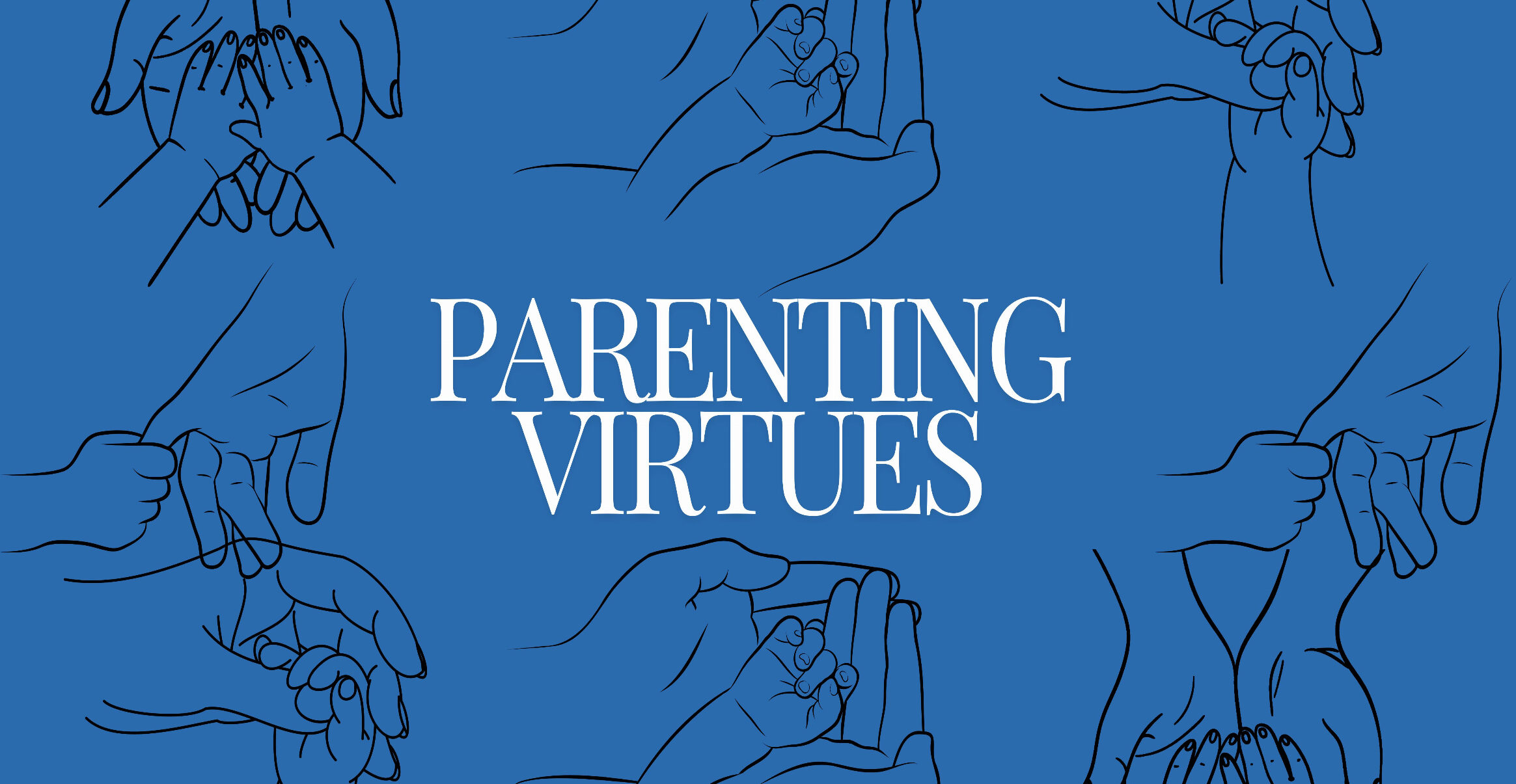

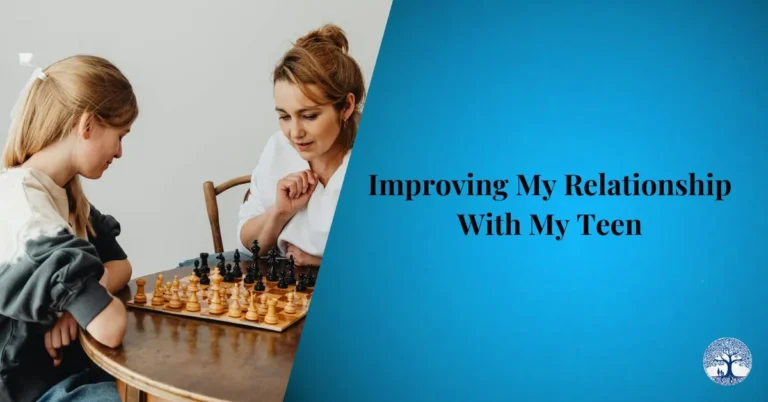
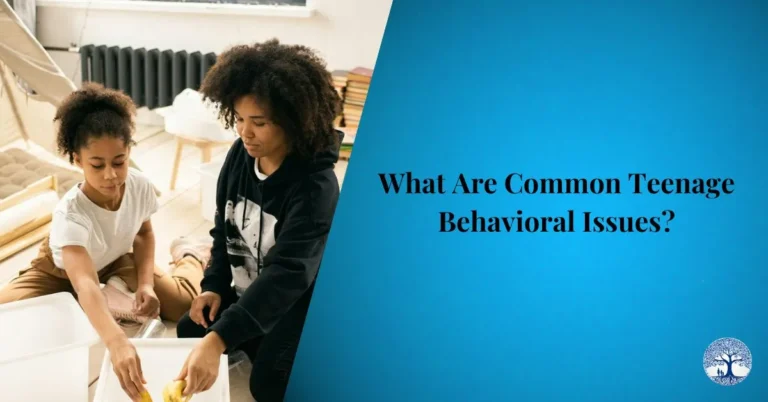
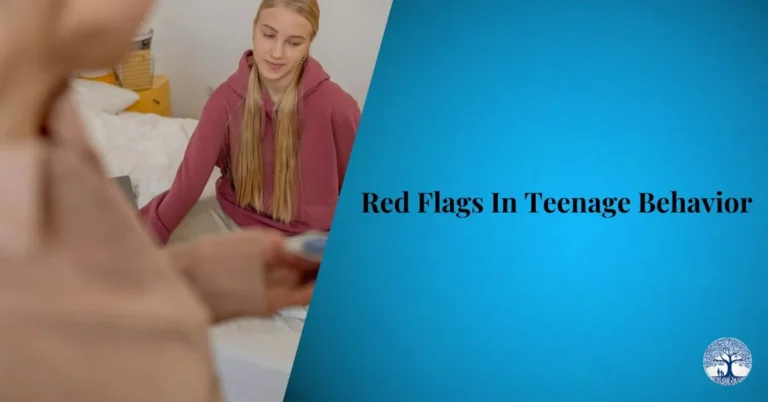
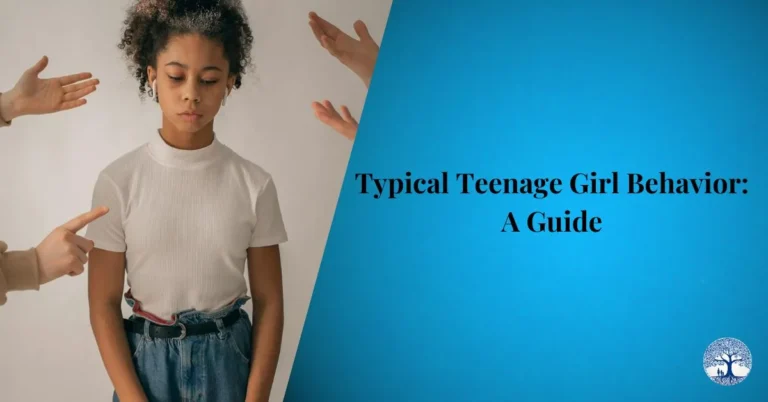

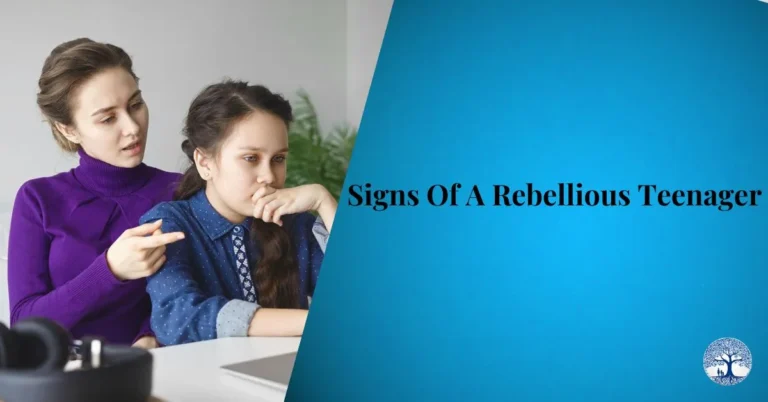
One Comment